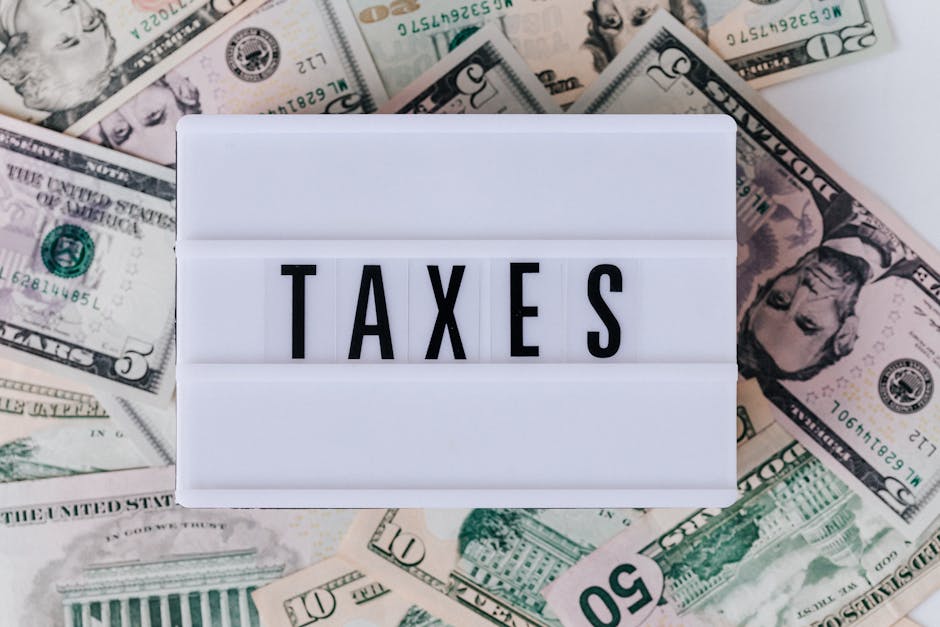Evaluating Fiscal Policies in Major Economies Worldwide
Fiscal policies play a critical role in shaping the economic landscape of countries, influencing growth, employment, and inflation rates. These policies, encompassing government spending and taxation decisions, are tailored to address economic challenges while promoting stability and development. In recent years, the scrutiny of fiscal strategies in major economies has intensified, especially as nations navigate recovery efforts post-pandemic and respond to global economic uncertainties.

Understanding how different countries implement their fiscal policies offers valuable insights into their priorities and approaches. From budget deficits to stimulus measures, the variances in strategies reveal how governments manage resources to achieve long-term goals. Examining these approaches helps identify effective practices and potential areas for improvement.
Key Components of Fiscal Policies
Fiscal policies typically revolve around two main tools: government spending and taxation. These tools are adjusted to influence macroeconomic conditions such as aggregate demand, resource allocation, and income distribution.
- Government Spending: Expenditures on infrastructure, healthcare, education, and defense are examples of direct spending aimed at boosting economic activity or addressing societal needs.
- Taxation: Adjustments in tax rates or structures impact disposable income for individuals and businesses, indirectly influencing consumption and investment patterns.
A balanced fiscal policy strives to achieve equilibrium between these two tools while avoiding excessive deficits that could lead to unsustainable debt levels.
Differing Approaches Across Major Economies
Different countries adopt varied fiscal strategies depending on their economic objectives and challenges. For instance:
- United States: The U.S. often employs expansive fiscal policies during recessions, such as the stimulus packages introduced during the 2008 financial crisis and the COVID-19 pandemic. These measures aim to stimulate demand through direct payments to individuals and increased government spending.
- European Union: EU countries operate under strict fiscal guidelines set by the Stability and Growth Pact, limiting budget deficits to 3% of GDP. Temporary relaxations were granted during the pandemic to support economic recovery.
- China: China's fiscal policy focuses on long-term growth through investments in infrastructure projects and initiatives like the Belt and Road program. Tax cuts have also been used to stimulate business activities.
The effectiveness of these policies often depends on their design, implementation speed, and ability to adapt to unforeseen circumstances.
The Role of Fiscal Policies in Economic Recovery
Post-crisis recoveries often highlight the importance of effective fiscal interventions. For example, the U.S. stimulus programs during the pandemic were credited with reducing unemployment faster than initially expected (Brookings Institution). Similarly, European nations utilized targeted relief packages to support businesses and workers, though some faced criticism for delays in deployment.
In developing economies, fiscal policies must address structural issues while fostering growth. Balancing immediate relief efforts with long-term investments remains a pressing challenge for many governments.
Challenges Facing Fiscal Policy Implementation
Despite their potential benefits, fiscal policies face several challenges:
- Sustainability: Prolonged budget deficits can lead to rising national debts, constraining future policymaking options.
- Inequality: Poorly designed tax structures or spending priorities can exacerbate income disparities within a country.
- Globalization: Open economies must account for international trade dynamics and external shocks when formulating policies.
- Political Constraints: Fiscal decisions are often influenced by political considerations rather than purely economic rationale.
Addressing these issues requires coordination between policymakers, economists, and stakeholders to create balanced and effective strategies. Governments worldwide will need innovative approaches to ensure sustainability while fostering growth in an increasingly interconnected global economy.
This article was generated by AI